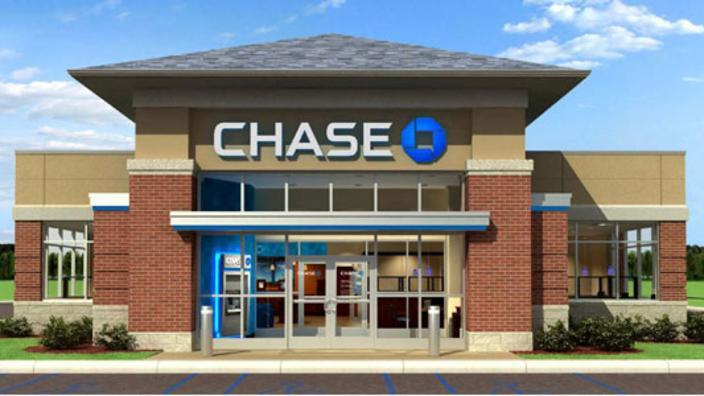It’s hard to believe that nearly a year has passed since Apple and Goldman Sachs announced their plans to terminate their partnership for the Apple Card. Goldman’s decision to wind down its retail lending business has been evident, with its most recent move, the sale of the GM Card portfolio to Barclays. While that portfolio had about $2 billion in outstanding balances, it’s dwarfed by the staggering $17 billion tied to the Apple Card.
The challenge for Goldman—and Apple—is finding a bank willing and capable of taking on such a large and complex portfolio. Given the unique history and customer base of the Apple Card, the pool of potential suitors has proven to be surprisingly small.
A Brief History of Failed Talks
As early as July 2023, even before the official breakup was announced, rumors swirled that American Express might step in as a potential partner. AMEX’s established reputation and premium customer base seemed like a natural fit for Apple’s brand image. However, those talks ultimately led nowhere.
After the deal’s termination was made public, Synchrony Bank emerged as the next likely contender. Synchrony’s experience with sub-prime credit customers aligned well with the significant portion of Apple Card account holders in that demographic. Despite speculation, these discussions also failed to materialize into a deal.
Capital One was another name in the mix, but those conversations similarly fizzled out.

All Eyes on Chase
This leaves one major player: JP Morgan Chase. Talks with Chase began earlier in 2024 and have reportedly progressed as other options dwindled. Chase has the scale, resources, and expertise to manage Apple Card’s massive portfolio, and its strong position in the credit card market—offering everything from entry-level cards to premium travel rewards—makes it a compelling fit for Apple’s broad customer base.
However, this partnership would likely involve significant changes. Reports suggest Chase intends to alter fundamental aspects of the Apple Card, including eliminating the current billing system, which has caused challenges for Goldman Sachs. Additionally, negotiations are ongoing, with key details like pricing yet to be finalized. If a deal is reached, it would represent a significant shift for Apple Card holders.
Chase is also likely to be cautious in acquiring the Apple Card portfolio, knowing Goldman Sachs has consistently lost money on the product. This financial strain has created a situation where Chase will most likely seek to pay less than the full value of the portfolio. They understand the risks and may leverage this knowledge in negotiations to secure more favorable terms.
A Tumultuous History
The Apple Card’s journey has been rocky, transitioning from a prized asset in Goldman Sachs’ retail lending division to a massive portfolio no bank seems eager to take on. Once seen as a flagship product for Goldman, the card has been plagued by financial losses and operational challenges. With talks faltering and Chase standing as the most likely contender, Apple Cardholders could soon see their beloved card undergo significant changes as a new banking partner steps in. However, whether a deal will be reached—and under what terms—remains uncertain.
Want to comment on this post? Great! Read this first to help ensure it gets approved.
Want to sponsor a post, write something for Your Mileage May Vary, or put ads on our site? Click here for more info.
Like this post? Please share it! We have plenty more just like it and would love it if you decided to hang around and sign up to get emailed notifications of when we post.
Whether you’ve read our articles before or this is the first time you’re stopping by, we’re really glad you’re here and hope you come back to visit again!
This post first appeared on Your Mileage May Vary

2 comments
May I ask if you can explain just why Goldman is losing money? Don’t understand how that is possible? Just wondering.
There are many things that Goldman agreed to in order to secure the Apple Card that have made it a money loser. The lack of an annual fee & late fees along with accepting sub-prime applicants are two of the main reasons.